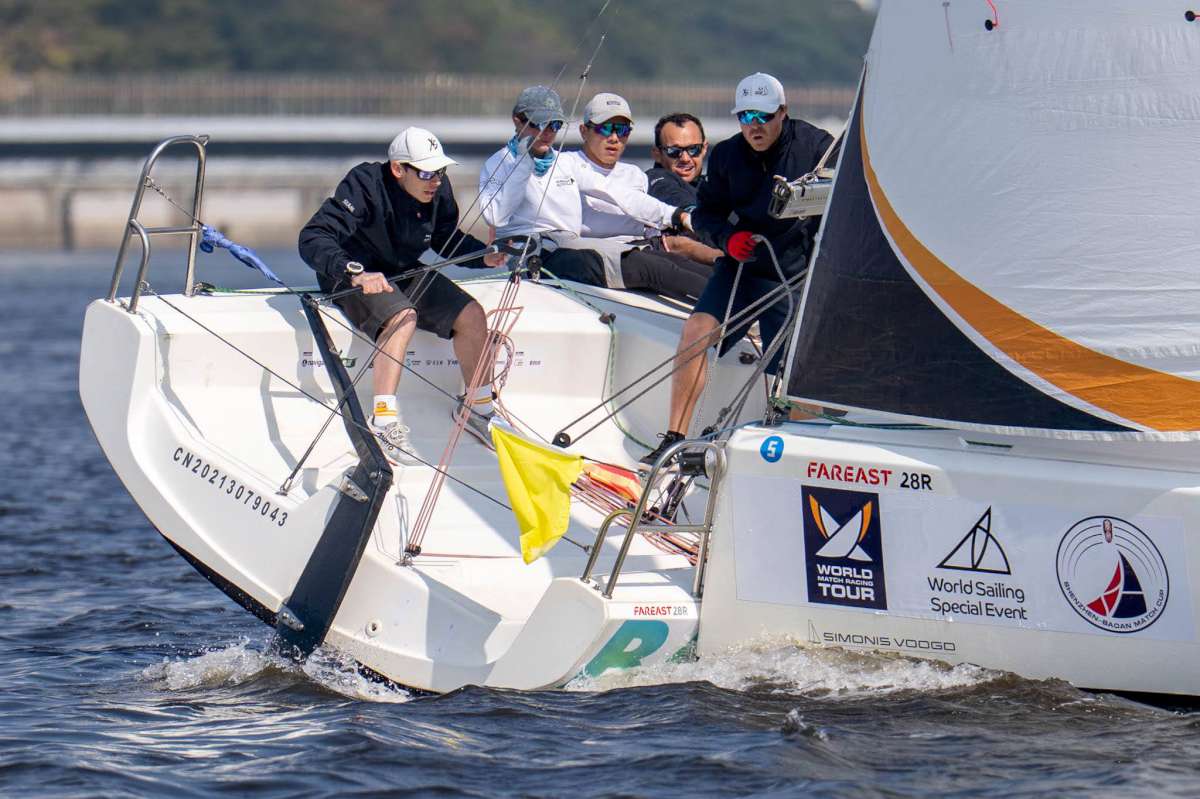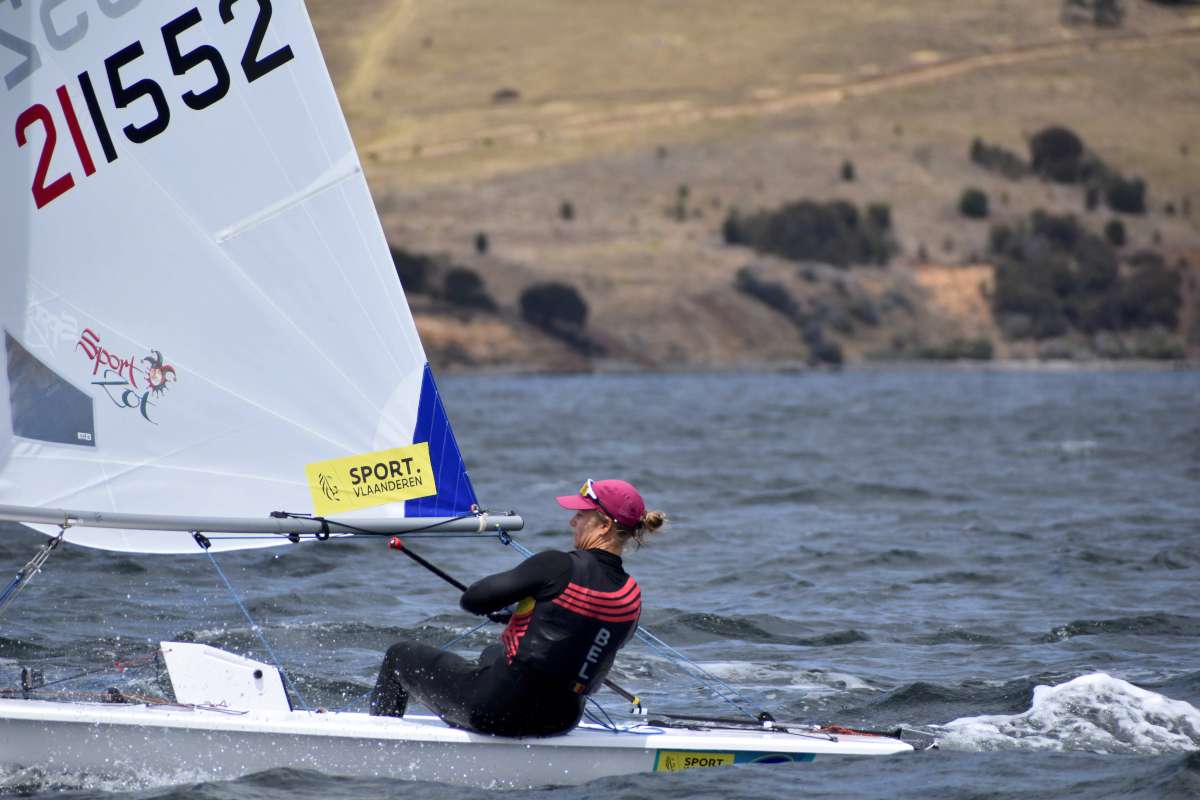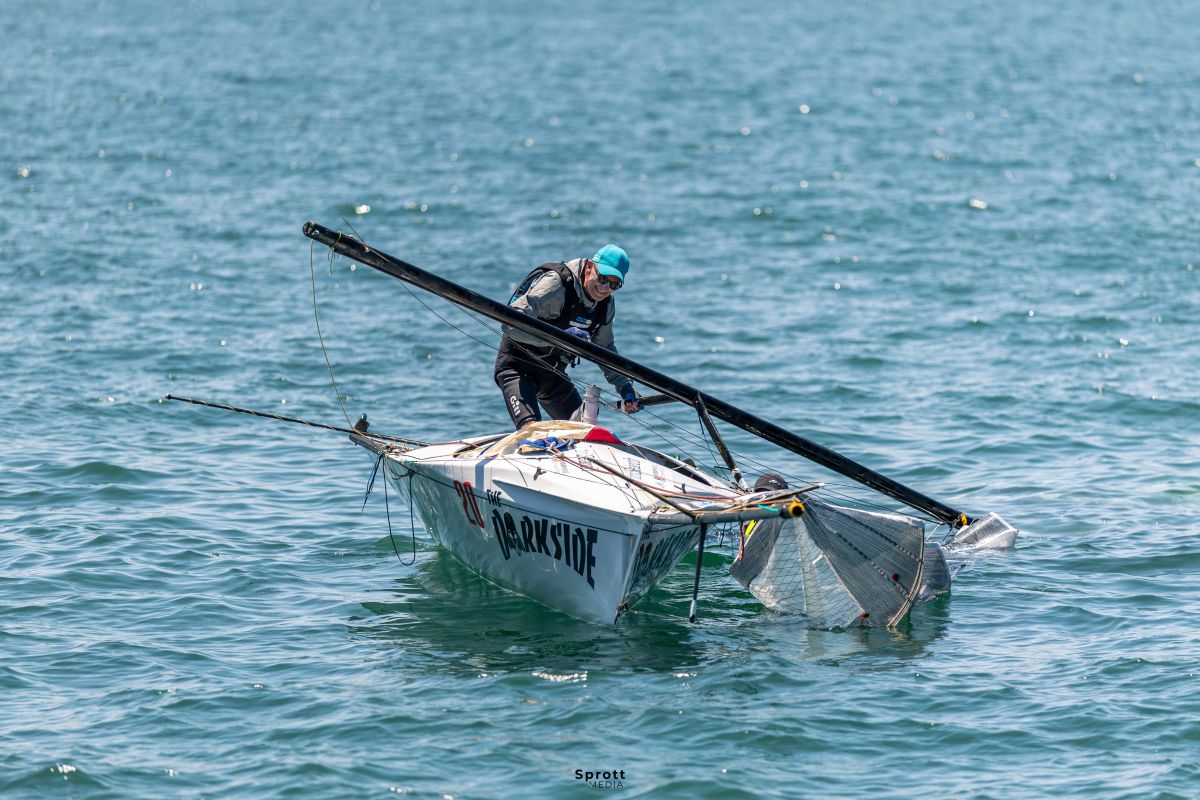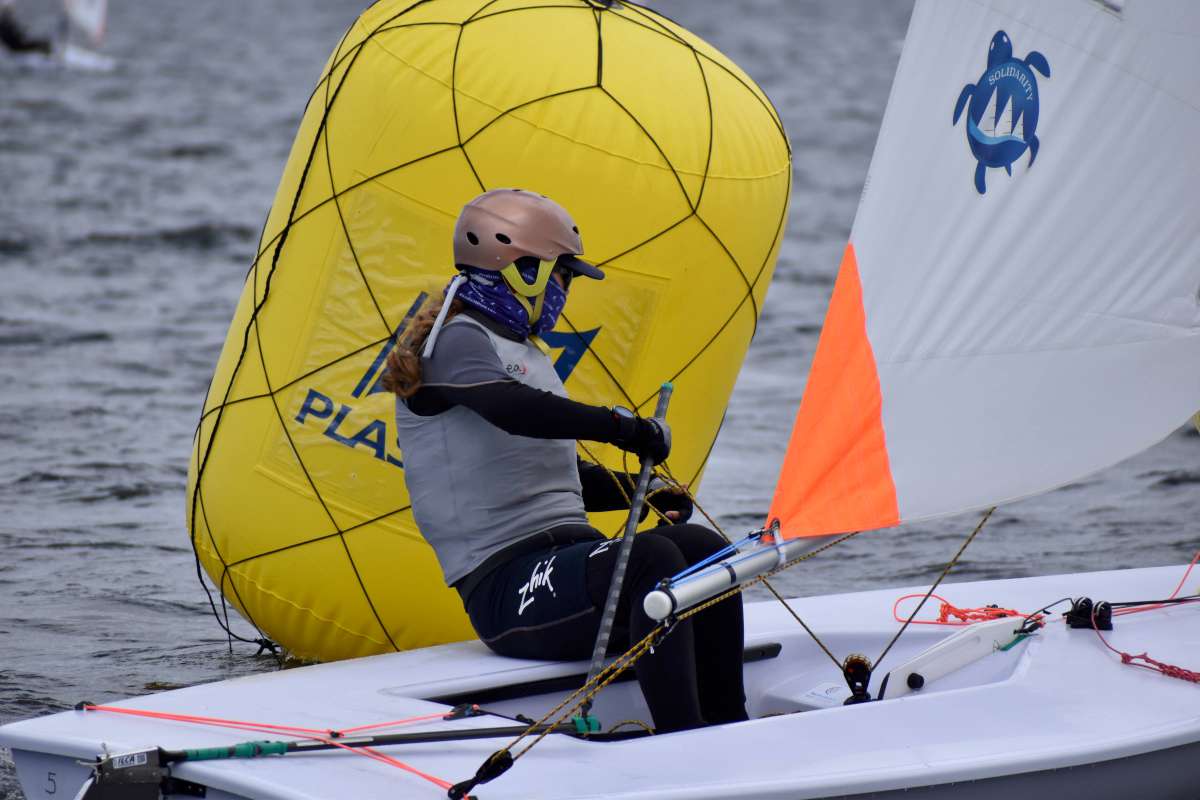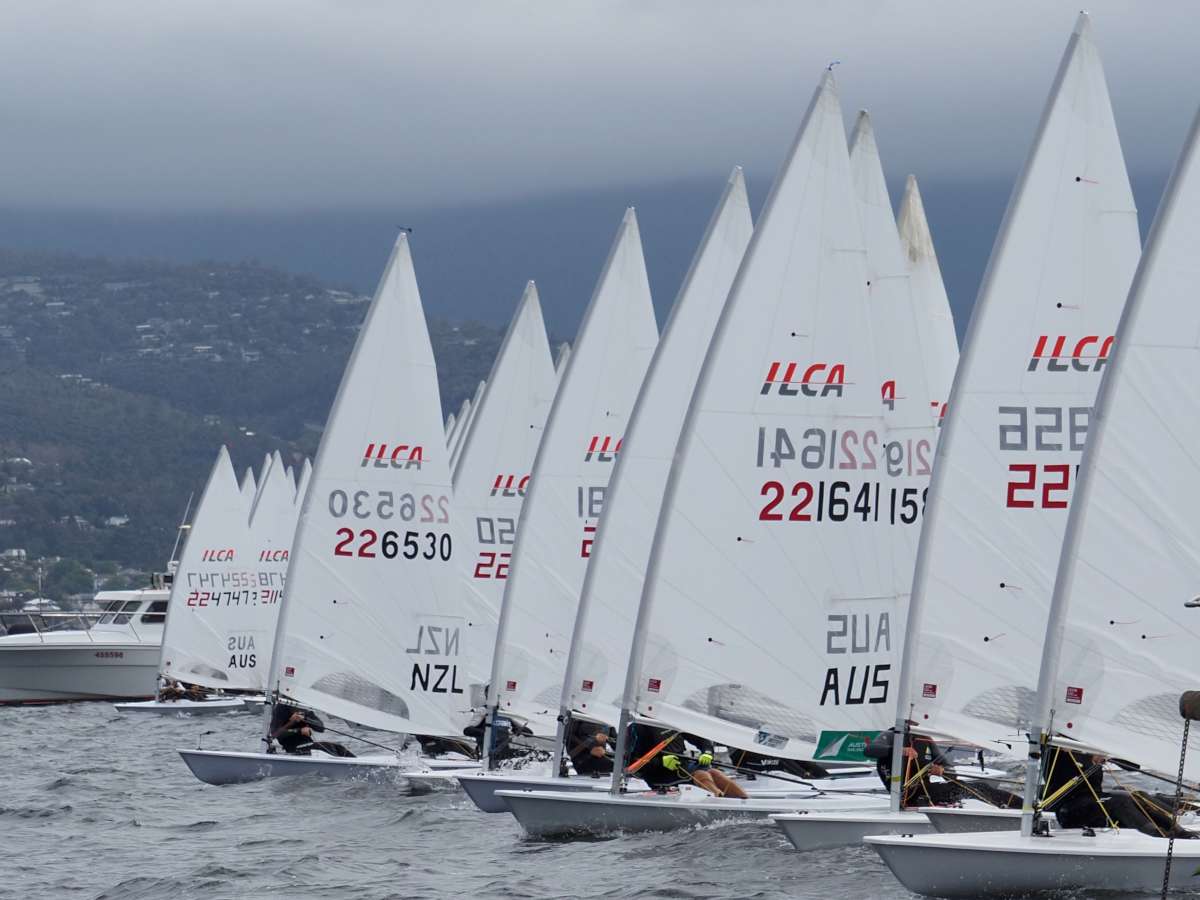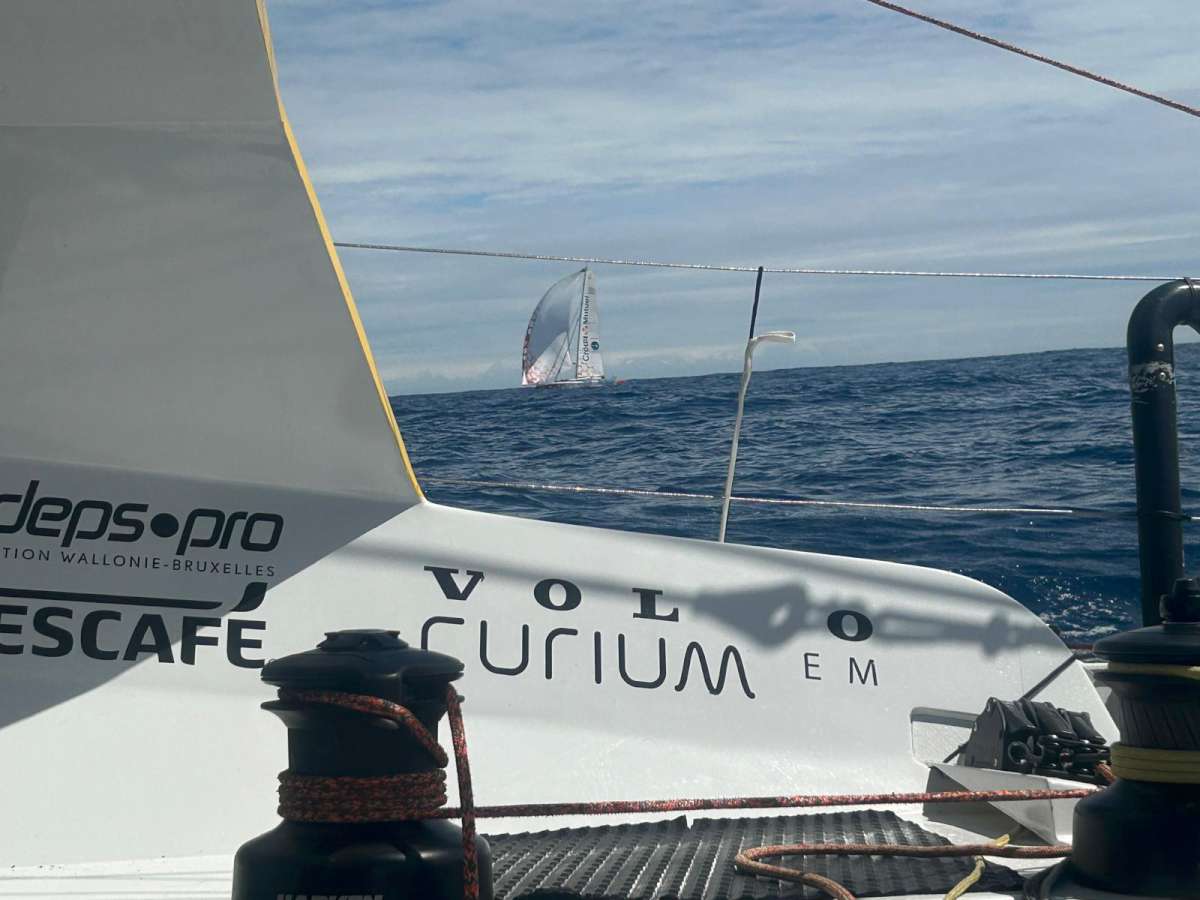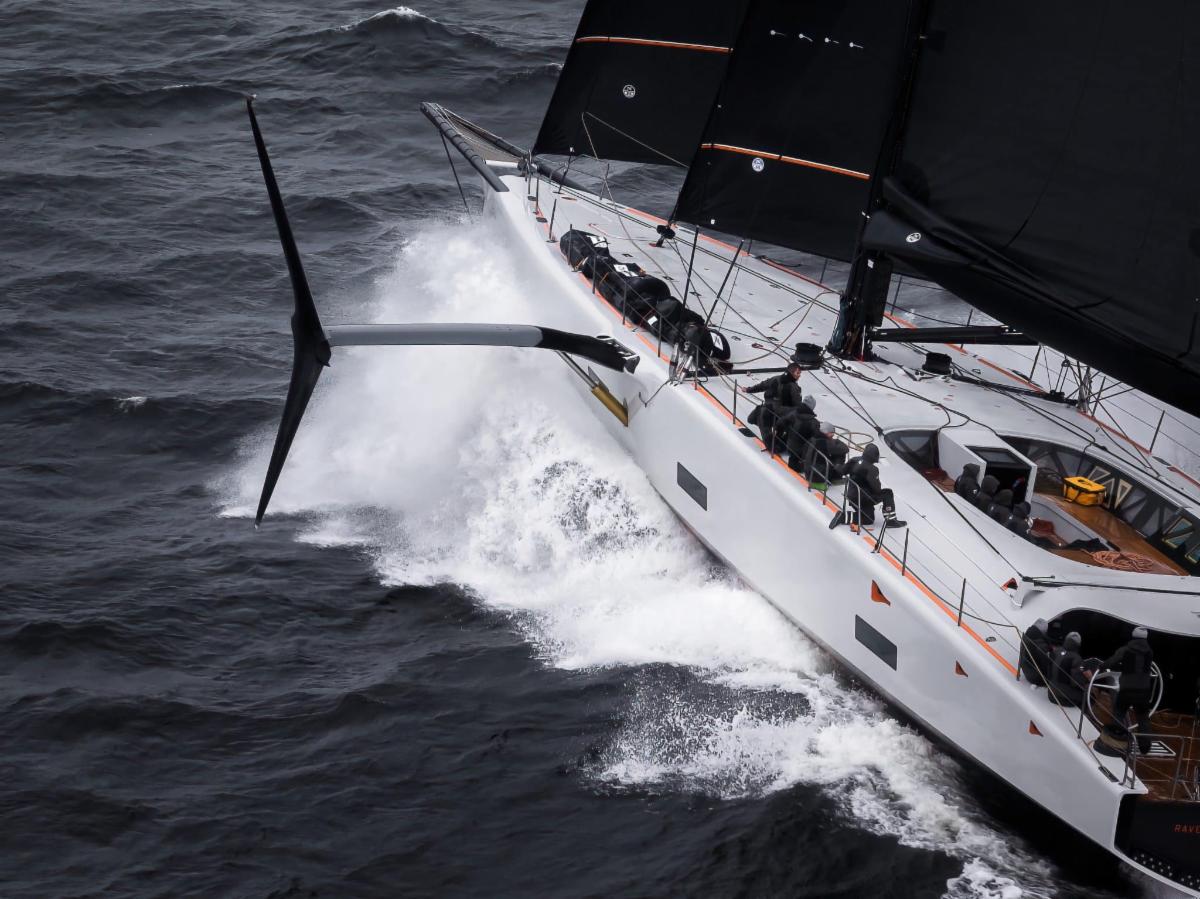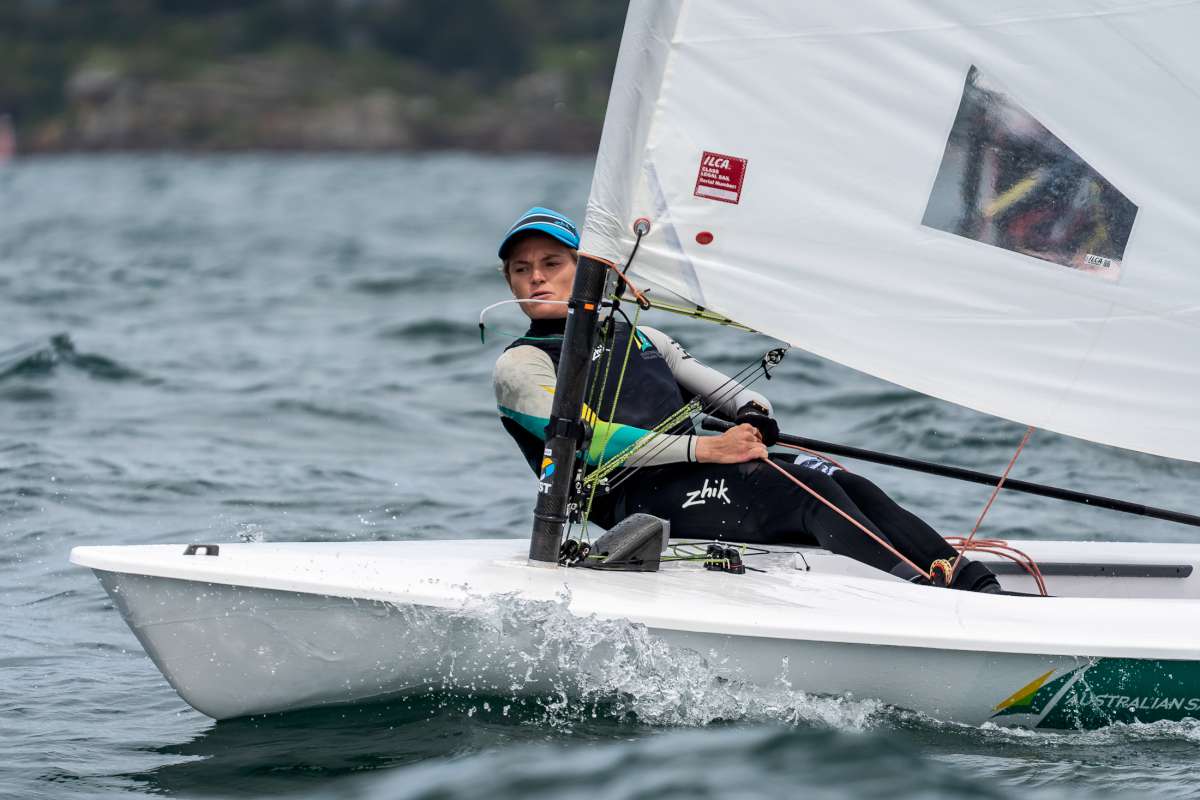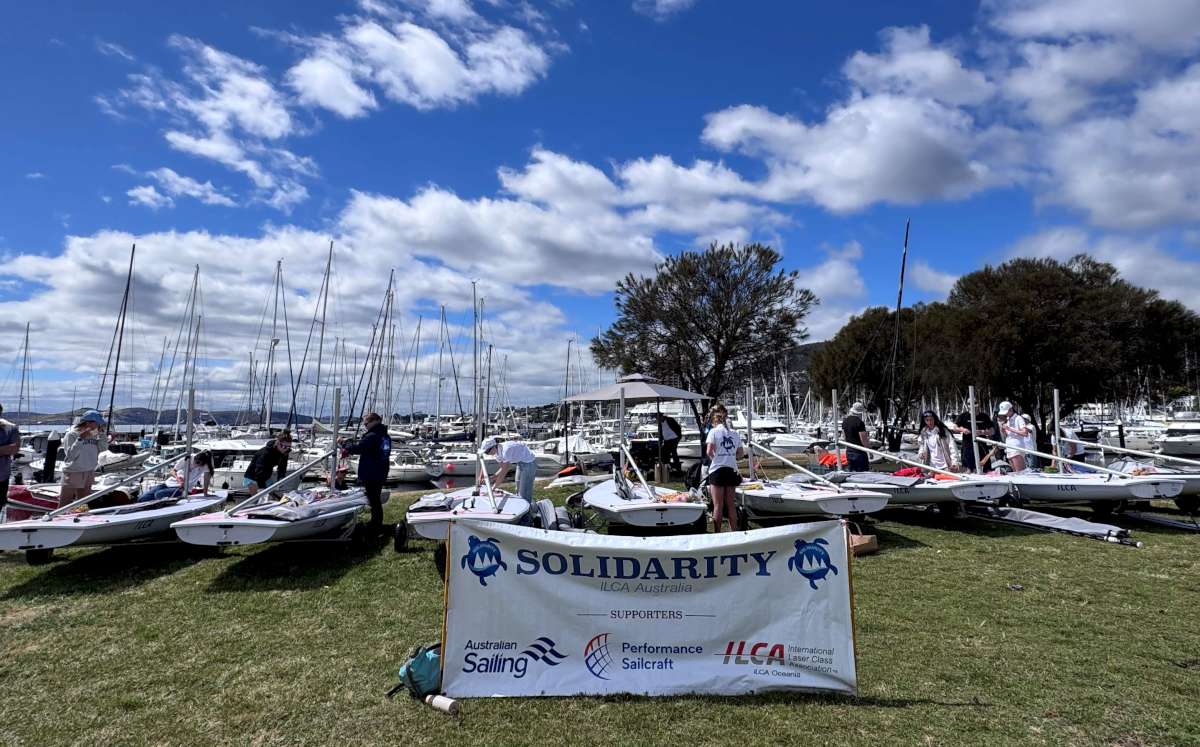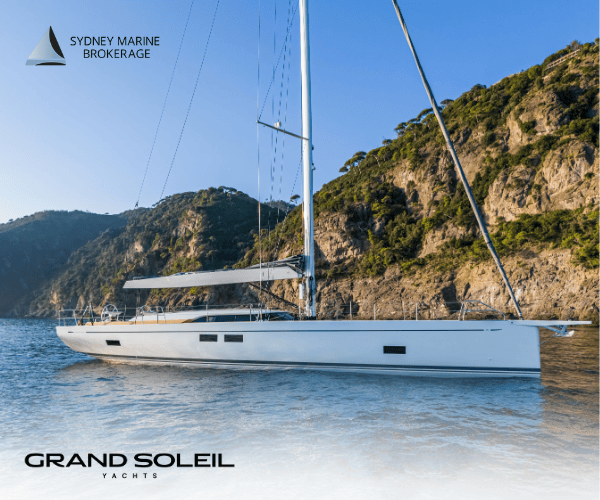“All men dream, but not equally.
Those who dream by night in the dusty
recesses of their minds, wake in the day
to find that it was vanity.”
– T.E. Lawrence
The story of Donald Crowhurst and the saga of his participation in the Sunday Times Golden Globe race for single-handed sailors in the first non-stop journey around the world has variously spawned books, both novels and documentaries, poems, films, plays and songs. Back in March a movie was released titled ‘The mercy’ starring Colin Firth as Crowhurst and Rachel Weisz as his wife, Clare.
The story is set in the 1960s, amidst the music of The Beatles and The Rolling Stones, the Cold War, the space race and the assassinations of John F. Kennedy and Martin Luther King. While the Russians and the Americans ruled space, nostalgically the British seemed to want to show they still ruled the seas.
In 1967, sailing Gypsy Moth, sixty five year old Francis Chichester completed a round the world voyage stopping only in Sydney, Australia where his vessel had a major refit. The question became: was it possible for a man and boat to complete a circumnavigation nonstop and unassisted?
Knowledge at the time suggested, no. A human would go insane and a yacht would break up because of unceasing strain over the journey.
Given the excitement caused by Chichester’s adventure and his consequent acclaim, to continue the theme The Sunday Times British newspaper proposed the nonstop race with prizes for both the first finished and the fastest overall time with entrants able to start anytime between June 1st and October 31st, 1968 to ensure entering the Southern Ocean in summer.
The contestants to sign up for the race were: Robin Knox-Johnston, John Ridgeway, William King, Bernard Moitessier, Loick Fougeron, Chay Blyth, Alex Carozzo, Nigel Tetley and the last minute entry of Donald Crowhurst. While there were no prerequisite qualifications for entry, all but Crowhurst were experienced open water sailors.
Without any of what modern sailors typically take for granted, such as GPS, chartplotters and satellite communication, when these men sailed over the horizon, they sailed into virtual anonymity.
So who was this Donald Crowhurst?
As Simon Crowhurst Donald’s son stated, his father had grown up in the Kipling era, a time of heroes. Crowhurst’s background was, to say the least, interesting.
Born in 1932 in India into a household with servants, to a mother qualified as a teacher and a father who held a senior civil service role in the Indian railways. As an only child, he was doted on by his parents but, fulfilling his mother’s desire for a daughter, he was dressed as a girl during his early years.
On the Crowhurst’s return to England, because of India gaining independence, they plunged into poverty with a disasterous investment in a Pakistani sporting goods factory. It was burnt during separation riots meaning they were virtually destitute with Crowhurst’s father being forced to take menial laboring work.
Then, as a teenager, his father collapsed and died. His mother was no longer able to continue supporting his education and Donald was forced to leave school.
He took up an apprenticeship with the RAF. There was no doubting his intelligence as he was promoted to being an officer in 1953 and qualifying as a pilot. For disciplinary reasons, he left the air force in 1954 only to gain a commission with the army in the Royal Electrical and Mechanical Engineers in 1956. Similarly, he was asked to leave the army in the same year for disciplinary reasons after a drunken attempt to steal a car in France.
What followed was an unspectacular employment history, marriage and four children.
He invented a navigational instrument, the Navicator, a handheld instrument able to take bearings from marine and aviation radio beacons. He founded a small company to manufacture it with limited success. Entering the Golden Globe would provide the opportunity to win much needed finance and publicity.
As a late entry and without a boat he made several desperate appeals to be given Chichester’s Gypsy Moth despite Chichester having made the comment that he had found the boat unsuitable for the circumnavigation.
Time was running out for the last start date when Crowhurst convinced a millionaire, Stanley Best, to sponsor him in the race. Best had insisted on a contract that, should he not start or retire early, Crowhurst would return the sponsorship money by purchasing the boat. Given his debts and the mortgaging of his house and company, failure to compete would see him bankrupt and destitute, the consequences of which he knew only too well.
Here was laid the foundation for tragedy.
Teignmouth Electron
The boat he chose to have constructed was a largely untried design at the time, an Arthur Piver 12 metre trimaran. With the time pressure, while the boat was constructed by a reputable boat builder, shortcuts were taken to speed the completion of the vessel.
There were concerns that should the vessel capsize in the Southern Ocean, righting it could prove impossible. To overcome this, Crowhurst invented a number of ingenious systems of buoyancy bags, pumps and sensors whereby, in the event of a capsize, a bag at the top of the mast would inflate, water would be pumped into the topmost hull and the trimaran would right itself.
Unfortunately, these were never tested nor was installation completed before Crowhurst set sail, something he had hoped to complete when underway.
The yacht was completed and named Teignmouth Electron, Teignmouth for an English coastal town from where he would commence his journey as part of a sponsorship deal and Electron recognising his own company.
In moving the boat from its construction site to Teignmouth for the start of the race he was assisted by an experienced sailor, Lieutnant Commander Peter Eden. Eden commented that the boat was relatively fast but started to vibrate at twelve knots causing the screws on the Hasler self-steering to come loose and fall out. He suggested to Crowhurst that these should be welded into place before he left. It was not done and became another issue for Crowhurst to confront.
This first trip should have taken three days. It took two weeks swallowing further precious preparation time and perhaps providing another precursor of what was to come.
Chaos appeared to surround the final days of preparation with work on the yacht unfinished, essential supplies and equipment overlooked and left ashore. At this time the two faces of Donald Crowhurst appeared. To the public he was the confident adventurer about to conquer the world, but in private he was wracked with doubt.
On his last night ashore his anxiety levels were so high he spent a sleepless night weeping in his wife’s arms. Clare Crowhurst believes, in retrospect, had she asked her husband not to leave he would have abandoned the race at this point.
On the day of departure there was a false start. Waving to the crowds and TV cameras he set sail, only to discover that the buoyancy bag had been lashed around two halyards preventing him from raising his headsails; plus the jib and staysails had been attached to the wrong stays.
Once again, towed to the start line, he commenced the epic adventure with but a few short hours to spare on the last day, October 31st.
The descent
Within the first three days he was losing screws from the self-steering and scavenging replacements from less essential equipment having no spares. On November the 15th, only two weeks into his journey, he noticed the port float of the trimaran was blowing bubbles through a hatch as a compartment had flooded. The boat was seriously leaking!
From his log:
November the 15th. Wracked by the growing awareness that I must soon decide that whether or not I can go on in the face of the actual situation. By going on, my chances of survival would be less than 50/50.
Time and money. If one considers time the only thing to do is turn back now. But money, this area is the most worrying. If I stop I will disappoint a lot of people, Stanley Best, most important, Rodney Hallworth, the folks at Teignmouth. In the final analysis if the whole thing goes quite sour, the business bankrupt and the house sold, I would have Clare and the children still. What a bloody awful decision to chuck it in at this stage.
After struggling along, making the slowest time of all the contestants, comes the first deception when he reported by radio on December 10th that he had broken the distance record in a day with 243 nautical miles sailed. While this news was generally accepted, Chichester and other sailing journalists cast significant doubts on the result, with Chichester saying Crowhurst was a bit of a joker and needed careful examination.
From there he was committed to the fraud, circling in the Atlantic off South America with the intention of joining on the tail of the returning contestants to be considered an honorable minor placing in the race. To this end he maintained both an actual and a false log, presumably which would not face great scrutiny as he would not collect either prize.
Fate was to play a hand in confounding Crowhurst’s intentions.
Firstly, with his starboard float progressively failing, he decided to break the rules by putting ashore to effect repairs and replenish supplies. He chose an isolated settlement in Argentina, Rio Salado.
What he was unaware of was there was an outpost of the Argentinian Coast Guard located there. Very generously, without payment, they provided both the materials for the repairs and provisions. But they also recorded in their logs the arrival of the Teignmouth Electron and the actions taken to support Crowhurst.
This infraction would surely be discovered on his return leading to humiliation and disqualification.
Then, secondly, after retirements only Knox-Johnston, Moitessier, Tetley and Crowhurst remained in the race.
Moitessier, six weeks from possible victory, turned away and sailed on eventually to Taihiti. Tetley, spurred on by Crowhurst’s reported position and seeking greater speed, was over-canvassed in a storm, sinking his trimaran. This meant that, while Knox-Johnston would dock first, Crowhurst was informed he would arrive with the fastest time and would, therefore, be awarded the five thousand pound prize, the rough equivalent of about A$150,000 today.
It would also mean his logs would come under significant scrutiny. Surely here now was the collision of isolation, fatigue, guilt, probable exposure of fraud, the memory of his own family’s fall from grace and the shame that would befall not only himself but also his wife and children.
The result is revealed in the last few entries in his log as he appeared to descend into madness and possible suicide with the final entry: “It is finished. It is finished IT IS THE MERCY.”
At 7.50am on July 10th, 1969 the Teignmouth Electron was found apparently abandoned by what is most likely to have been suicide, with sails up floating in the Saragossa Sea.
The journey
The question then is what are the psychological risks to the solo sailor crossing oceans?
There is something of an analogy to be formed between solitary confinement in prison with the situation of solo sailors when you compare the size of a prison cell with that of many of the boats used by single handed sailors.
A scholarly paper by Shalev, S. ‘Solitary confinement as a prison health issue’ suggests the likely symptoms to be exhibited in varying degrees: anxiety, ranging from feelings of tension to severe panic attacks; depression, varying from low mood to clinical depression; anger ranging from irritability, poor impulse control and outbursts of violence against others, self and objects, to unprovoked anger and rage; perceptual distortions, ranging from hypersensitivity to noise and smells to hallucinations affecting all five senses; paranoia and psychosis; and increased risk of self-harm and suicide.
There are multiple examples of stress amongst solo sailors: Joshua Slocum documented hallucinations during his solo voyage as did Robin Knox-Johnson to a lesser extent. It could be argued that Moitessier had, lying dormant in his psyche, enochiophobia or demophobia, the fear of crowds, which blossomed during his isolation on his yacht and had him turn away from the crowds waiting his successful return.
So why did Crowhurst, plus others, apparently descend into madness while others seemingly do not. Knox-Johnston submitted himself to psychiatric examination and said they found him disgustingly normal, so a healthy psyche is clearly a good start.
Again, we look at Kaye Cottee, Jesse Martin or Jessica Watson and ponder why they did not share the same experience of Donald Crowhurst. Surely modern communications such as satellite phones and regular communication with loved ones is another key component protecting others, particularly the seemingly young and vulnerable.
Anyone concerned about emotional issues should confide in family and friends, seek professional help and utilise organisations such as Beyond Blue. ≈





